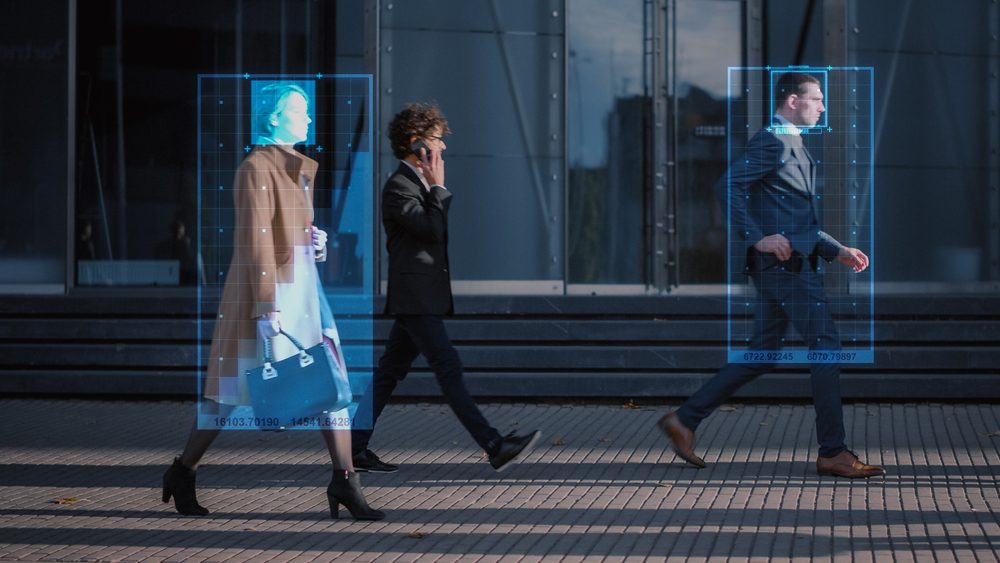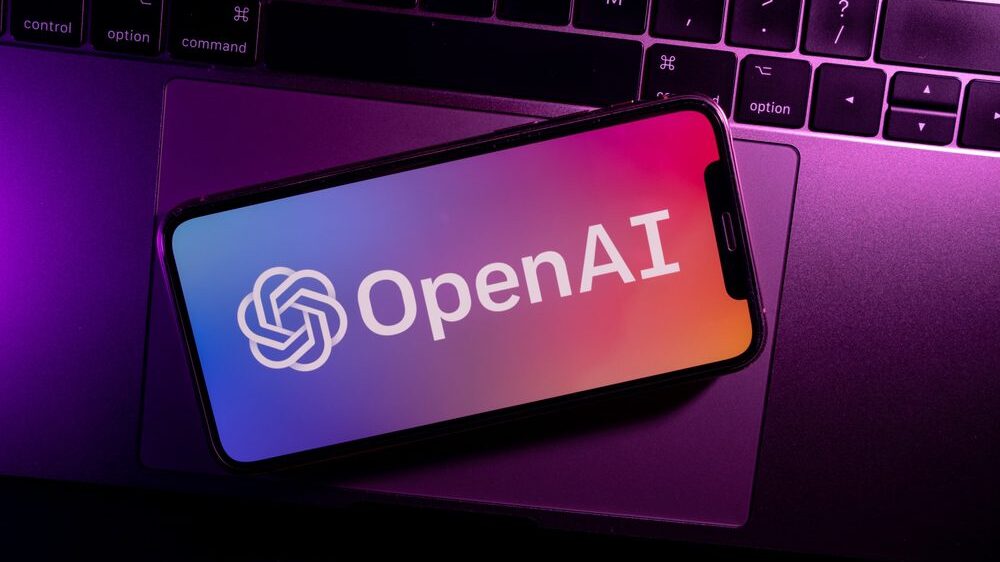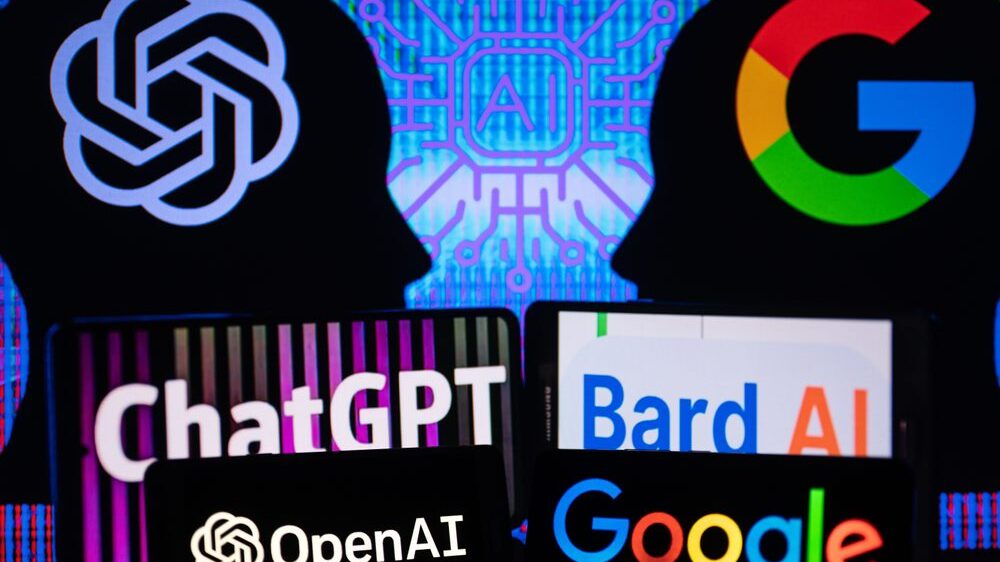
Italy Brings In Strict New AI Law
Meloni’s comprehensive legislation aims to punish harmful AI use—such as deepfakes—while supporting domestic innovation.

Meloni’s comprehensive legislation aims to punish harmful AI use—such as deepfakes—while supporting domestic innovation.

The tariff negotiations offer the EU a vital opportunity to pursue a fundamental change of direction.

The company says the EU’s code creates legal uncertainty and exceeds the scope of the bloc’s AI Act.

Washington should unleash open-source AI, not regulate it.

Despite the EU’s crude attempt to master AI regulation, the AI Act is expected to become law this November after an EPP push for greater use of real-time biometric tracking by police failed.

MEPs are battling over last-minute amendments to allow the use of biometric surveillance for criminal activity, as the five-year legislative ordeal looks set to drag on.

There are “technical limitations to what’s possible,” OpenAI CEO Sam Altman said, hinting that his company might have to leave Europe if Brussels remains unwilling to compromise.

This mobile app is part of a wave of digitalization that’s rapidly transforming the way we create knowledge, costing us the loss of control over our private and public spaces.

Google and other tech Leviathans are playing a wait-and-see approach with the EU’s AI Act, whether or not AI technology will run afoul of EU privacy laws.

Similar to the Digital Services Act and GDPR, the AI Act attempts to imprint the EU’s value system on technologies not yet created and scarcely understood.